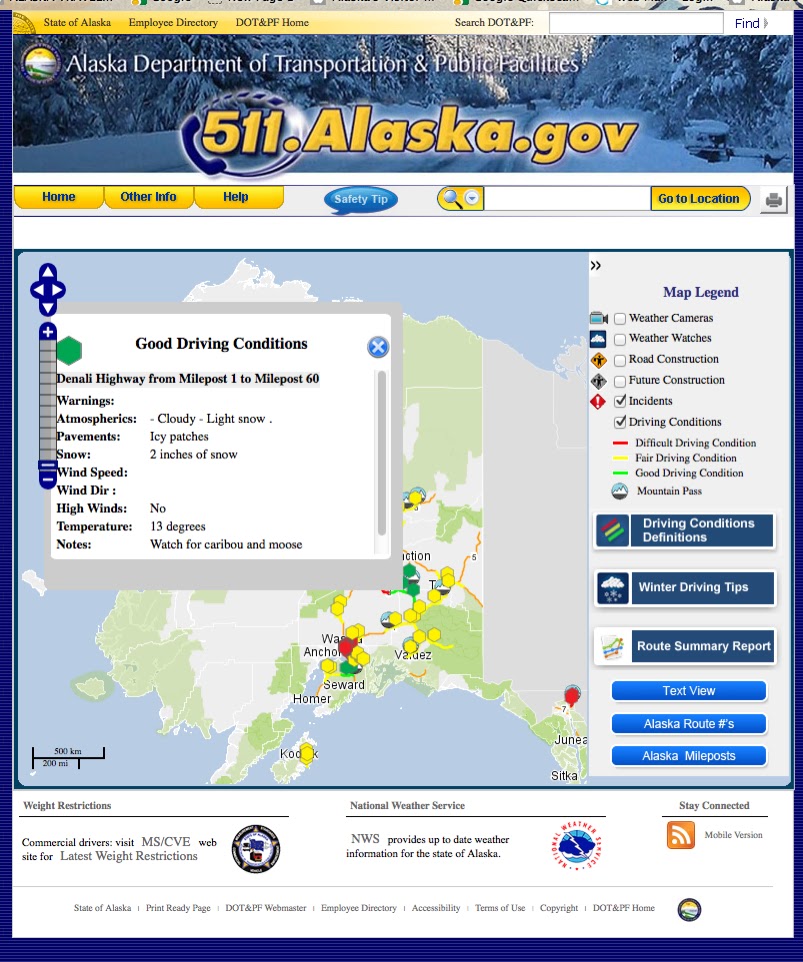With Few Doctors, Limited EMTs, Vast Distances In Alaska – Physician Assistants Now Under Fire, Too
MEDICAL BOARD TO CONSIDER DEVASTATING NEW CHANGES IN MEETING NOVEMBER 17TH Proposal Would Prevent Physician Assistants From Providing Appro...
MEDICAL BOARD TO CONSIDER DEVASTATING NEW CHANGES IN MEETING NOVEMBER 17TH
Proposal Would Prevent Physician Assistants From Providing Appropriate Care In Rural Alaska
Already In A State Of Emergency, Basic Rural Alaska Medical Care Would Further Erode With New Regulations
Two years ago, the Alaska Academy of Physician Assistants entered into discussions with the Alaska State Medical Board with the goal of updating Alaska’s regulations of physician assistants. Now, the ASMB is proposing regulations which would render it virtually impossible for PAs to practice in rural areas, and which could deprive many Alaskans of needed health care.
The physician assistant profession was created in the 1960s to provide health care in areas with shortages of physicians. PAs must have patient care experience prior to PA school; then they complete master’s level training programs which are modeled after medical school. PAs practice in association with physicians but are trained to work geographically remote from physicians.
Alaska heavily utilizes physician assistants in rural areas of the state which are too small to support physicians, such as remote villages and worksites. PAs often function as “one size fits all” health care providers in these areas. I have worked as a PA in several remote communities over the past 14 years. I spent nearly three years working full time in an area where the only other health care provider was a community health aide practitioner who was present on an intermittent basis. There were no nurses, medical assistants, EMTs, paramedics, etc. The nearest backup was hundreds of miles away and accessible only by plane — if the weather cooperated. I checked patients’ vitals, took their histories, performed physical examinations, diagnosed patients, created treatment plans, drew blood, processed labs, dispensed medications, placed IV catheters, administered injections, took X-rays, applied splints, performed and interpreted electrocardiograms, sutured wounds, coordinated medevac transportation to the hospital for patients I could not treat locally, and got certified as a lay vaccinator and administered rabies vaccines in my kitchen to the town dogs. These activities are common among rural health care providers in this state.
When was the last time your doctor took your temperature, drew your blood or gave you a flu shot? According to the proposed regulations, PAs legally would not be allowed to do any of those things if their collaborating physicians don’t do them.
This is a huge problem. In 18 years as a physician assistant, I have never encountered a physician whose expertise and clinical practice encompasses all the tasks PAs in remote locations perform. When was the last time your doctor took your temperature, drew your blood or gave you a flu shot? According to the proposed regulations, PAs legally would not be allowed to do any of those things if their collaborating physicians don’t do them.
Physician assistants also legally would not be allowed to do more complex tasks we are trained to do. I completed an obstetrics and gynecology postgraduate PA fellowship at a large teaching hospital. As a PA, I delivered over 500 babies and provided care for women experiencing low- and high-risk pregnancies as well as gynecologic issues. My collaborating physicians are trained and experienced in caring for pregnant women, delivering babies and performing pap tests — but not all of them do all these things in their current practices. Therefore, under the proposed regulations, when working under my PA license, it could be illegal for me to perform a simple pap test or prenatal checkup. If someone came into a rural clinic in labor and gave birth before the medevac crew arrived, a PA whose collaborating physicians do not actively deliver babies or provide newborn care legally would not be allowed to deliver and resuscitate the baby if needed, nor to care for the mother.
This is unconscionable. U.S. maternal mortality far outstrips many other industrialized nations, and Alaska Native women have increased perinatal mortality compared with white women. To improve maternal health, the state of Alaska, like many other states, created a Perinatal Quality Collaborative. It would be grossly incongruent for the state to take measures to improve maternal health, while simultaneously preventing qualified practitioners from doing that very thing.
More information on the debate about changing physician assistant regulations can be found on the Alaska Academy for Physician Assistants’ website, akapa.org.












.jpg)



